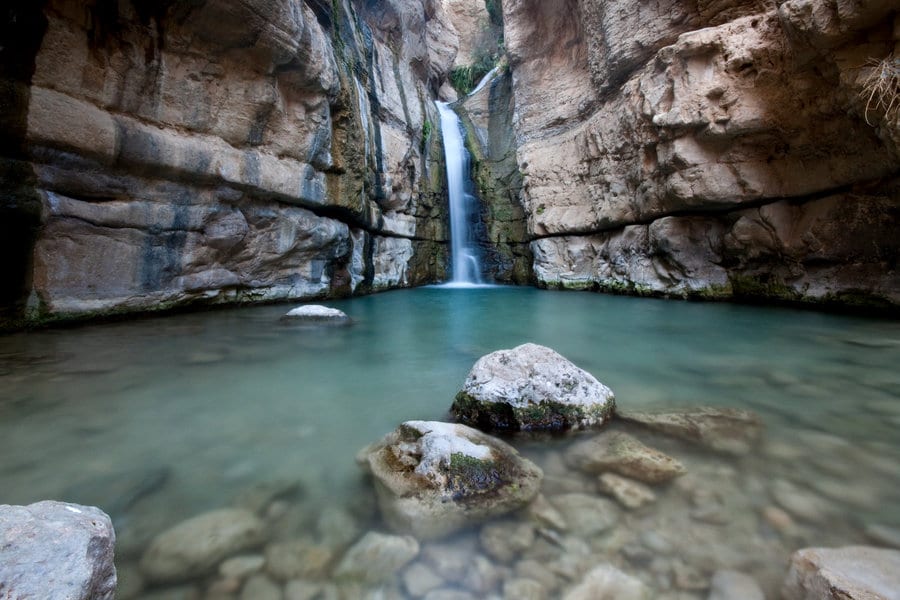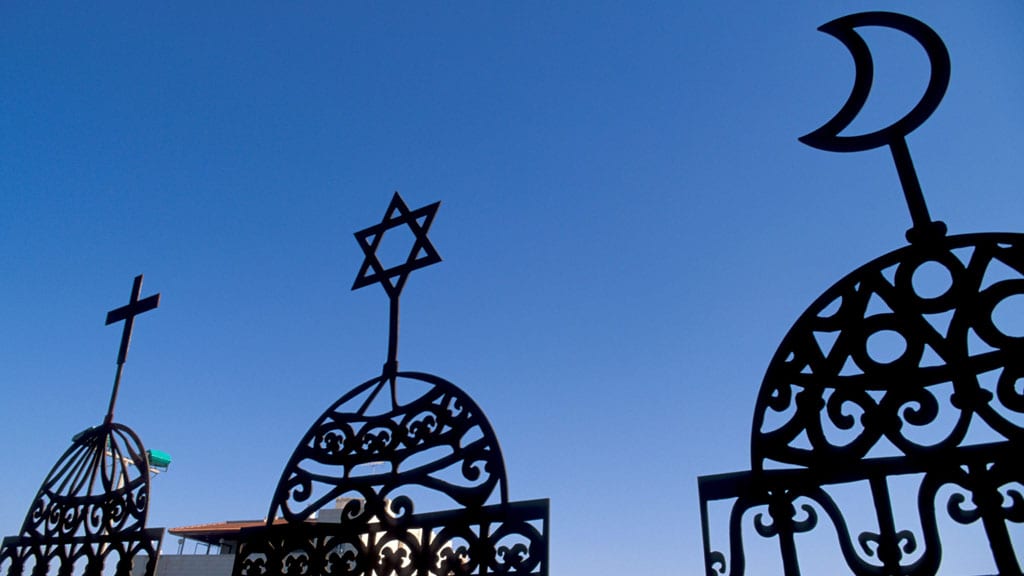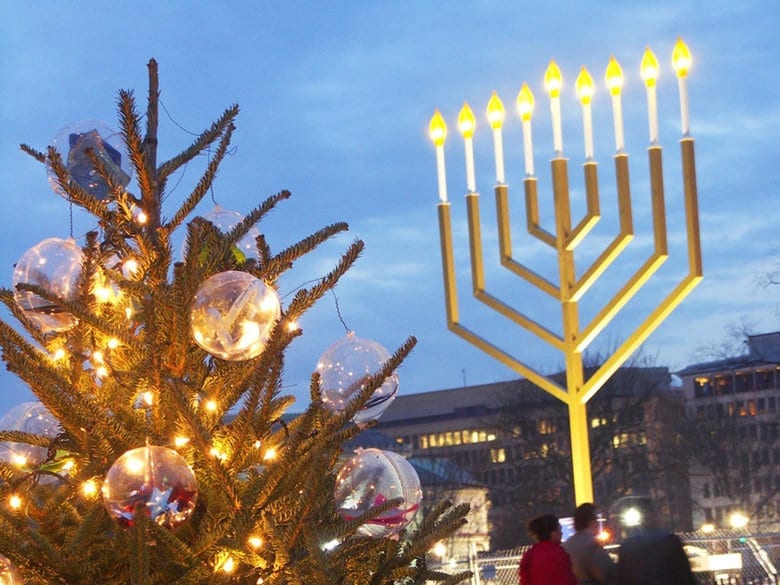It doesn’t really come as a surprise that ample water resources can be difficult to come by in the Middle East. The area is actually the most water-stressed region in the world. Much of the Middle East is a dry, arid desert with few natural resources and a severe lack of rainfall. This means that countries need to get creative — and even head to the negotiating table — to secure access to this vital resource.
On the surface, water’s role in the lives of tens of millions who live in the Middle East is clear. It goes without saying that everyone, no matter where they are in the world, needs water to grow food to eat, wash clothes, to bathe, to simply live every day. However, in areas such as the Middle East where water isn’t plentiful, this basic substance takes center stage in diplomatic relations, adding another element — or complication — to the region’s complicated political landscape.
Middle Eastern countries have to negotiate their water in a way that places like the United States and Europe do not. Diplomatic relations, including the involvement of the United Nations, is commonplace when it comes to sharing resources, building infrastructure and implementing new technologies to increase the amount of available water necessary to drink, clean and water crops. A recent example is the announcement of the “Red-Dead” agreement between Israel, Jordan and the Palestinians in 2017.
This World Bank-sponsored pipeline will pump water back into the Dead Sea, which has been severely depleted in recent years due to the region’s drawing on the Jordan River for freshwater. Some hail the deal is as important step toward reviving the severely-depleted Dead Sea. The amount of water lost from the Dead Sea has caused environmental problems throughout the region, and replenishing some of the amount pumped out will help return some balance. Others believe the project does not go far enough, not committing nearly enough water to replenish the millions of cubic feet needed to truly return the Dead Sea to its natural state. And some environmentalists are concerned that about the ecological and habitat impact the project could have on the Dead Sea and elsewhere as pumping foreign water into the Dead Sea may be problematic in ways that may not even be known in advance.
From our perspective, whether or not this program actually takes off is almost beside the point. The fact that the three negotiating partners were able to put aside religious and political differences and come together over a basic need like water may be a template for making progress towards a less adversarial relationship between Israel and its neighbors.
In recent years, focusing on water as a separate element and not as a larger item for negotiation has brought hope to many who have felt discouraged by a struggling peace process. If governments can come to terms on water, it restores faith that other issues can be addressed!
It also demonstrates an important underlying truth — that the need for water is a force so strong that it can bring people from all walks of life together, no matter how strong their political differences. Access to water is a common goal which entire regions, regardless of religion or ethnic background, can come together on in order to benefit the greater good. Even when other issues seem distant or difficult to tackle, coming together on a basic human need sets a positive tone for developing stronger relationships.
Here at the Islands of Peace, we are inspired by these movements toward a healthier, happier and more productive Israeli-Palestinian coexistence and want to replicate those successes on a local level. We cannot ignore the need for water in the world’s most water-strapped region, and we have found a way to create our own water project to provide life-saving, crop-saving resources while simultaneously advancing interfaith, intercultural exchanges in the Middle East. Stay tuned for our official announcement of this exciting new project!







Leave A Comment